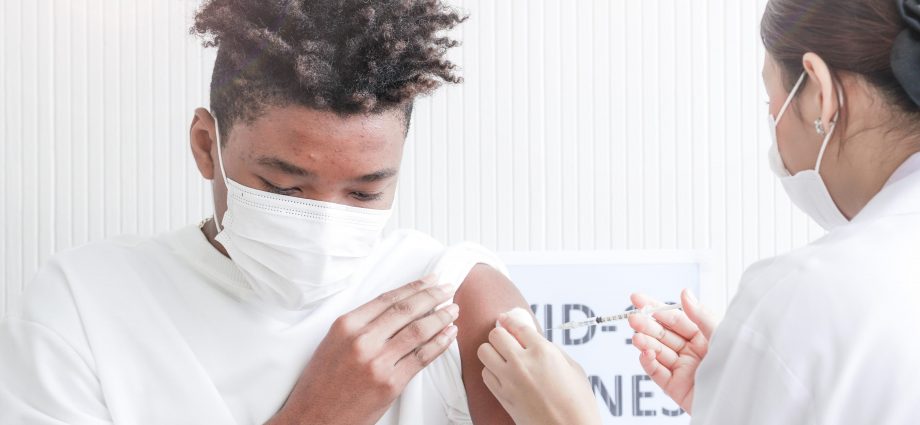TUESDAY, June 14, 2022 (HealthDay News) — The U.S. Food and Drug Administration’s vaccine advisory panel will decide on Tuesday whether to recommend the agency approve the emergency use of Moderna’s COVID-19 vaccine in children aged 6 to 17.
The panel will analyze Moderna’s two-dose vaccine for children aged 6 to 11 at half the strength of the adult shot, and for youth aged 12 to 17 at the adult dose, and then vote on whether to give its blessing to both. Typically, the FDA follows the recommendations of its expert panels. Once the FDA has authorized the shots, as expected, expert advisers to the U.S. Centers for Disease Control and Prevention will discuss the best use of the Moderna vaccine in older children and teens this weekend.
Moderna first asked the FDA to approve its vaccine for adolescents and older teens last June, a month after Pfizer won emergency authorization for its coronavirus vaccine to be used in 12- to 15-year-olds. The FDA then approved the emergency use of the Pfizer vaccine for kids aged 6 to 12 last October.
But regulators were worried about reports of a rare condition — known as myocarditis — that were seen mostly in young men who had been given the Moderna vaccine, so they chose to delay a decision while more research was conducted. The company said concerns about myocarditis have now subsided after further research and real-world evidence, The New York Times reported.
In a second meeting on Wednesday, the same FDA panel will weigh Moderna’s vaccine for children under 6 and Pfizer’s vaccine for children under 5.
There are about 18 million children under 5 in the United States and they are the only age group in the country not yet eligible for any COVID vaccines, the Times reported.
While there are concerns about whether there is enough demand for the Moderna vaccine in younger age groups, Jason Schwartz, a vaccine policy expert at the Yale School of Public Health, said any Moderna authorization could prove valuable in the long run.
“We’re still learning how these vaccines perform, both about levels and duration of protection,” Schwartz said. “We may learn over time that one vaccine is better.”
More information
Visit the U.S. Centers for Disease Control and Prevention for more on COVID vaccines for kids and teens.
SOURCE: The New York Times
Copyright © 2026 HealthDay. All rights reserved.

